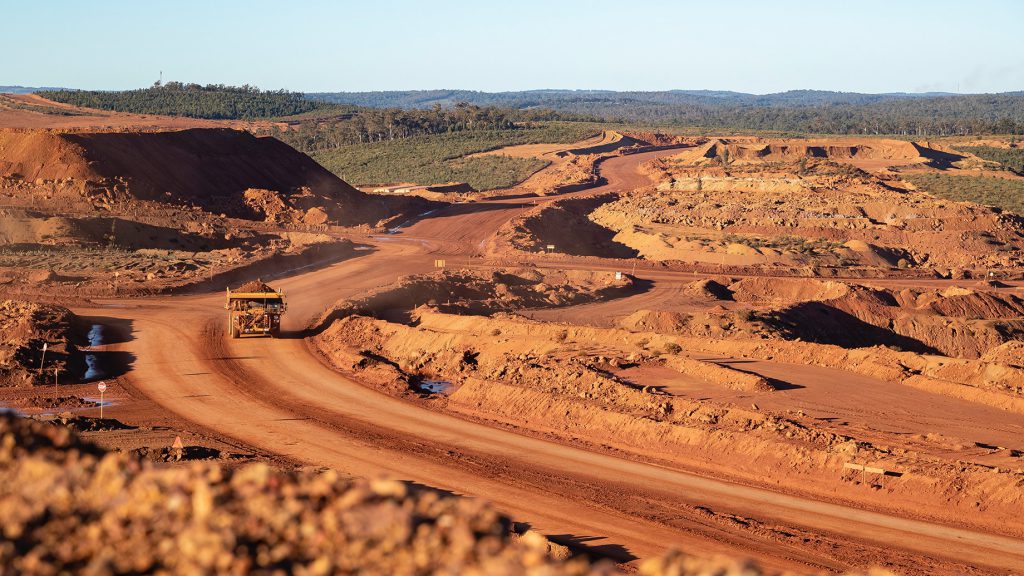Aboriginal Australian group encouraged but wary of South32’s engagement

An Australian Aboriginal group said it was encouraged by the increased engagement taken by miner South32 over a new mine in Western Australia but remained cautious whether the miner will do more than the legal minimum.
Chief Executive Officer Graham Kerr said the miner had increased its interactions with the Noongar people over the development of its Hotham bauxite mine, which will produce the aluminum raw material at one of Western Australia’s largest mining projects outside of iron ore.
“Certainly from our perspective, we are engaging with them extensively,” he said during the company’s earnings call last week.
Australian miners are under increasing pressure from investors and the public to improve their management of Indigenous sites beyond adhering to the current legal standards after Rio Tinto legally destroyed two ancient rockshelters at the Juukan Gorge site for an iron ore mine last year.
This week, miners Fortescue and BHP Group both said they were investigating damage at heritage sites.
The industry’s track record has many Indigenous groups wary.
“It is true that South32 have stepped up their efforts engaging with the Noongar people in recent times and there are some encouraging signs,” Vanessa Kickett, Chairperson of the South West Aboriginal Land and Sea Council, which represents the Noongar, said in a statement.
“(But) it remains to be seen whether they will ultimately decide to do the bare minimum that is necessary to comply with their legal obligations, or whether they will instead choose to respect Noongar wishes,” she said.
On the earnings call, Kerr said South32 has reviewed how it manages its relationships with Indigenous partners after the Juukan incident.
“In that space, we didn’t see ourselves having major gaps, but surely like all processes, we found an opportunity to improve,” he said.
Part of the deposit lies on lands where there are river crossings that are culturally significant to the Noongar.
In a separate interview, Kerr said that it was important to keep a positive engagement with Noongar so they could see the benefits of the project.
“We are of the fundamental belief that we mine other people’s resources and if they don’t see a benefit… why would they want us there?” he said.
Western Australia’s heritage protection laws are being reformed, but for now skew in favour of approving mining projects with limited input from Indigenous groups.
And, while Kerr is optimistic around engagement, he noted that “down the track if we have challenges or problems we will always look at what the legislative framework looks like” including using a process to directly apply to the state for the mine’s approval.
(By Melanie Burton; Editing by Christian Schmollinger)
{{ commodity.name }}
{{ post.title }}
{{ post.date }}




Comments